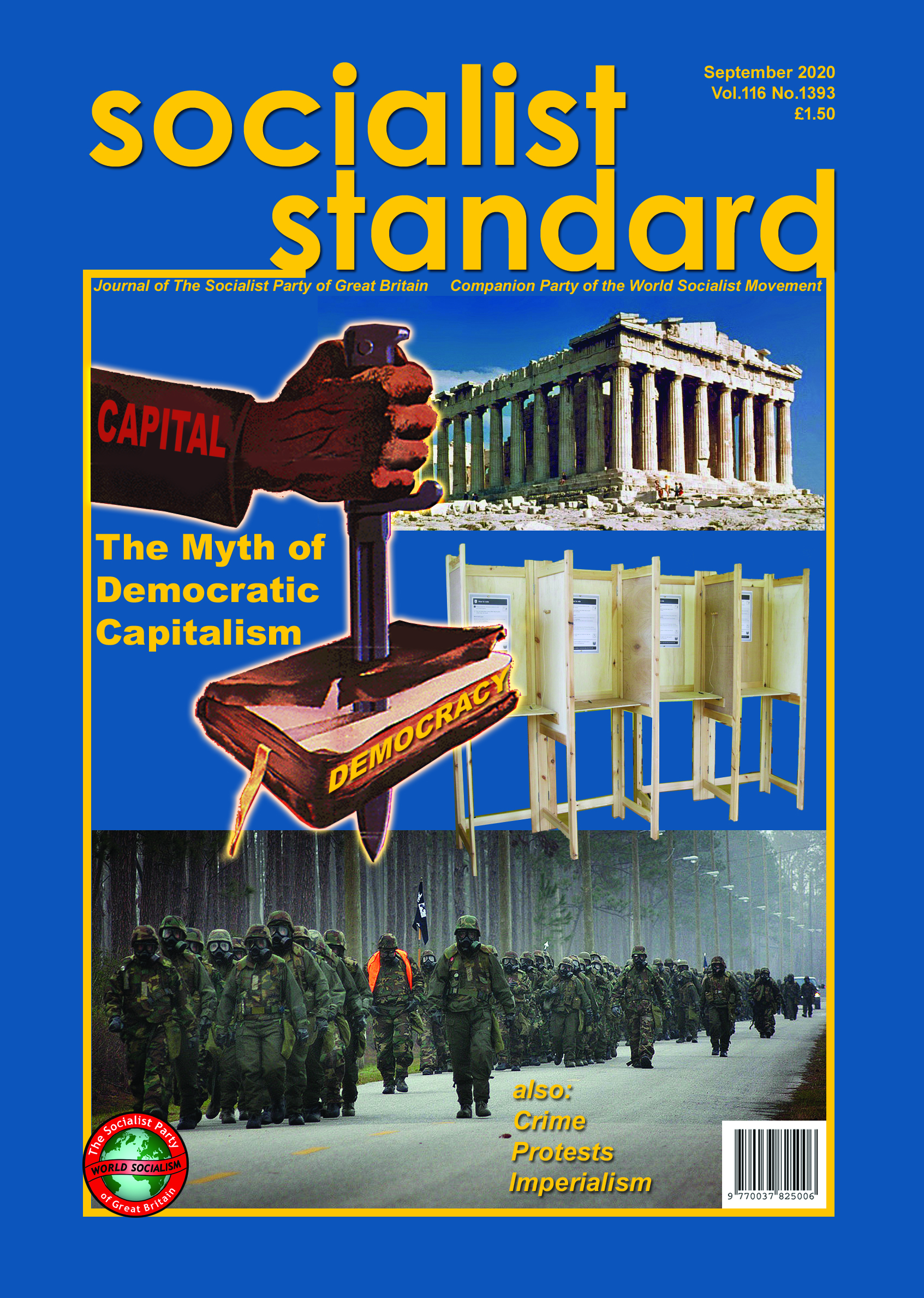Capitalism has not been abolished, but its instability is quite obvious. Nowhere in Marx is there to be found a detailed account of the new social system which was to follow capitalism. Marx wrote no “Utopia”. However from Marx’s writings was able to discern and outline the features of the new society and the way in which it would develop. An actual socialist society, like all previous forms of society, would only come into existence on the basis of what already existed before it; that is to say, it would be a society emerging from capitalism. A socialist society is not create out of nothing. The new society inherits from the old.
The first step in building a socialist society must therefore be to give society the product which it has made; and this means that society as a whole must own the means of production – the factories, mines, machinery, transport, etc., which under capitalism are privately owned. One of the favourite arguments of the anti-socialists used to be that everything will be divided up equally. This has absolutely nothing to do with Marx’s conception of socialism. Wealth is not divided out among the people. The people have everything that is available. Increased production means increasing the quantity of goods available and therefore the quantity taken by the people. Where profit is the motive force, there can be only anarchy in production. In socialist society, where production is not for profit but for use, a plan of production is possible. Is this Utopian? Human beings have no fixed characteristics and outlook, eternally permanent. In primitive tribal society, even in those forms of it which have survived to recent times, the sense of responsibility to the tribe is very great. In later society, after the division of society into classes, the sense of social responsibility was broken down, but still showed itself in the form of the “commons”. But capitalist society is the most extreme disintegration of social responsibility: the system makes “each for oneself” the main principle of life. But even within capitalist society there is what is known as “solidarity” among the workers – the sense of a common interest, a shared responsibility. This is not an idea which someone has thought of and put into the heads of workers: it is an idea which arises out of the material conditions of working-class life, the fact that they get their living in the same way, working and living alongside one another. Of course, the ideas of the dominant class – the competition and rivalry instead of cooperation – tends to infect the working people. The working class are the people without property who in order to live must from lack of alternative sell the use of themselves in the labour-market. To-day we are the vast majority in every country of political and economic importance. The worker lives by selling the use of his body—the employer lives by buying that use. It lies in the nature of things that the buyer should on instinct struggle to buy cheap and the seller to sell dear. Hence it was a foregone conclusion that the history of the relations between employer and employed—between “capital” and “labour”—should be one of constant enlarging and intensifying conflict between these two interests. A constant battle over the price of the commodity labour-power—over wages, hours, and working conditions—such is the history of the relation of capital and labour once capitalism appears. Single-handed the worker is powerless. As capitalism grows and the boss class draws together into closer and closer union so grows the workers’ need to join together in struggle against the ever magnifying power of the Boss.
We know what we’re against, but what we are for. Socialism will be absolutely nothing like the dictatorships in the former Soviet Union, or China, Vietnam and Cuba
The Socialist Party aims at replacing the present capitalist system by socialism, understood broadly as a system where there will be common ownership of the means of production and distribution. We envisage socialism as a society where material wealth will be in the hands of those who produce it, where the exploitation of man by man will be ended, where production will be used not for private profit, where individual men and women will find the possibilities to develop their abilities. Socialism is a proposal for the reconstruction of social arrangements. The aim of the Socialist Party is to transform the present system of privately owned industry to where the ownership of the industries will be vested in the community and they will be managed by the workers. The capitalists oppress you, exploit you, and when you revolt they use the power of the government against you.
Where there’s a will, there’s a way. If there were a general will to establish socialism a way will be found.










